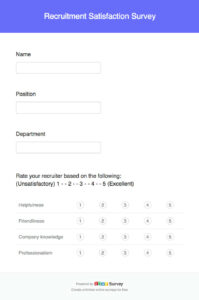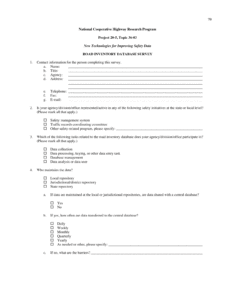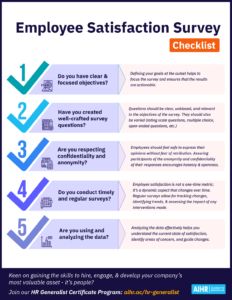Are you looking for a comprehensive guide to drafting an effective call center requirements template? You’ve come to the right place! In this article, we’ll provide a step-by-step framework, discuss key considerations, and offer writing tips to help you create a template that meets your organization’s unique needs.
A well-crafted call center requirements template is a valuable tool for ensuring that your call center operations run smoothly and efficiently. It provides a clear outline of the essential requirements for call center agents, including skills, experience, and qualifications. By using a template, you can streamline the hiring process, improve the quality of your hires, and reduce staff turnover.
Key Considerations When Developing a Call Center Requirements Template
Before creating your template, take the time to consider the following key factors:
- Business Objectives: Align your template with your organization’s overall business goals and objectives.
- Target Audience: Identify the specific roles and responsibilities for which you’ll be using the template.
- Industry-Specific Requirements: Consider any industry-specific regulations or standards that may impact your requirements.
- Customer Profile: Analyze the demographics, needs, and expectations of your target customers.
- Company Culture: Ensure that your template reflects the values and culture of your organization.
By considering these factors, you can create a template that is tailored to your specific needs and provides a solid foundation for hiring and training call center agents.
Essential Elements of a Call Center Requirements Template
Your call center requirements template should include the following essential elements:
- Job Title and Description: Clearly define the role and responsibilities of the call center agent position.
- Required Skills: List the technical and soft skills required for effective performance in the role, such as communication, customer service, and problem-solving.
- Experience: Specify the minimum number of years of relevant experience required for the position.
- Qualifications: Outline any specific certifications or training programs that are required or preferred.
- Interview Process: Describe the steps involved in the interview process, including screening, assessment, and evaluation criteria.
- Hiring Criteria: Establish clear criteria for making hiring decisions, based on the requirements outlined in the template.
- Onboarding Process: Provide an overview of the onboarding process for new call center agents.
- Training Plan: Outline the training and development programs that will be provided to new hires.
- Performance Evaluation: Explain the process for evaluating the performance of call center agents.
By including these essential elements in your template, you can ensure that your hiring process is thorough and objective, and that your call center agents are well-equipped to provide exceptional customer service.
Conclusion
Developing a comprehensive call center requirements template is a critical step in ensuring the success of your call center operations. By following the steps outlined in this article, considering key factors, and including essential elements, you can create a template that meets your unique needs and supports your organization’s goals.
Remember to regularly revise and update your template as your business evolves and customer expectations change. With a well-crafted call center requirements template, you can attract and hire top talent, improve customer satisfaction, and drive business success.



